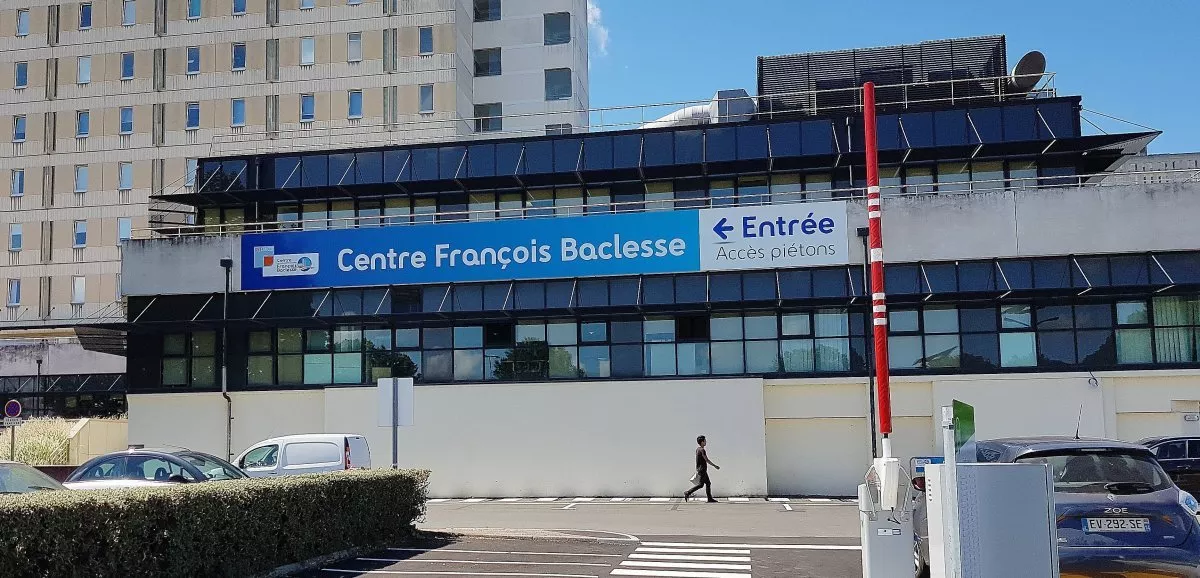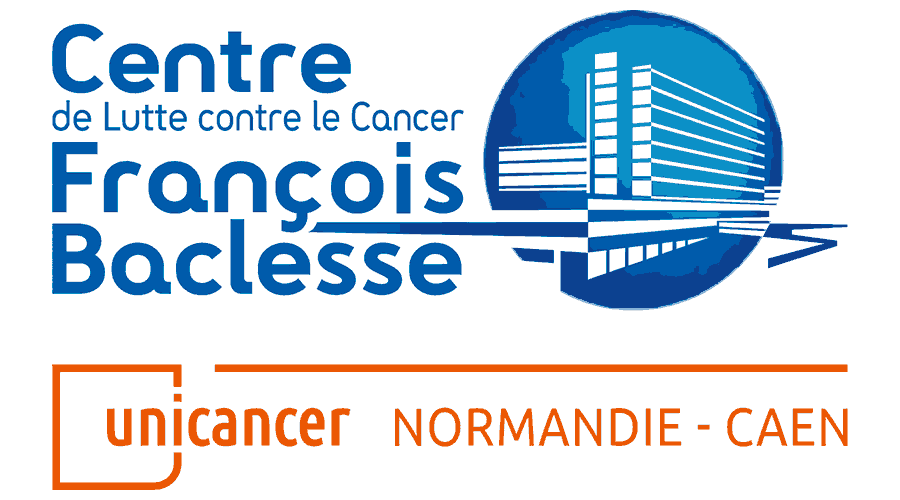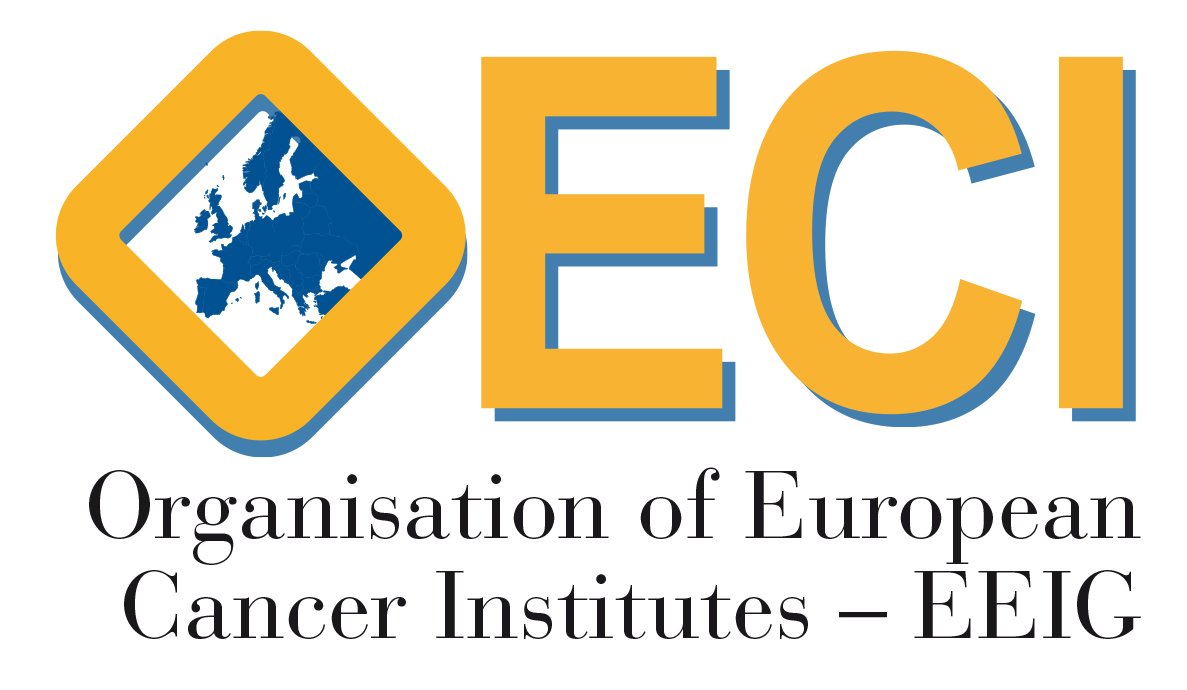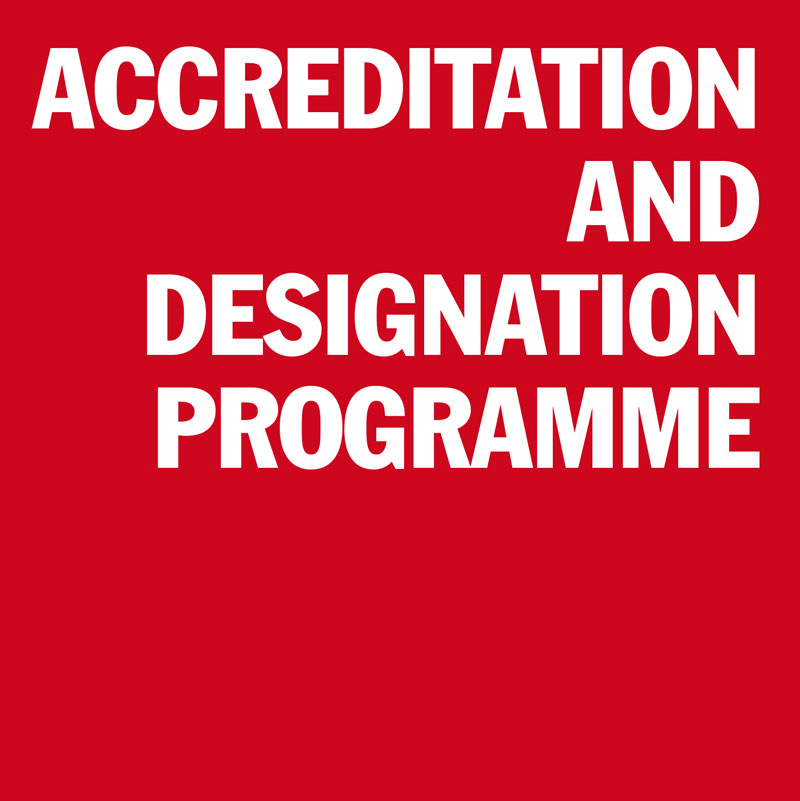Excellent Practices
Well organised Day-care Unit
Practice Category: Structure
Centre: Centre François Baclesse

Audrey Faveyrial
a.faveyrial@baclesse.unicancer.fr

Challenge which the practice addresses
The medical oncology day hospital had to take up the challenge of ensuring the quality of patient care during injectable antineoplastic drug treatment, whilst reducing waiting times. The reflection process focused on the preparation times of treatment in the pharmacy department and provision of treatment to the medical oncology day hospital. The question was how to optimise treatment provision, given that preparation time remained at the same level.
Solution
Our solution consisted in developing a programme referred to as OPTIMA (‘Optimisation de la prescription et de la production des anticancéreux en médecine ambulatoire’ – optimisation of prescription and production of anticancer drugs in an ambulatory unit), to enable anticipation in the preparation of injectable medication.
As such, we created:
– a questionnaire survey conducted by phone by our nurses,
– a computerised solution (device) communicating with the patient’s medical file
– team training on treatment side effects and on the ‘phoning’ method for telephone surveys
Trained nurses contact patients 24 to 48 hours prior to their scheduled appointment at the centre. They complete the questionnaire during the survey call and provide physicians with all elements enabling them to send an ‘OK GO’ for treatment preparation. On the day of treatment, patients are seen during consultations for a final check. At the time of their admission in the care unit, the treatment is available for injection.
Impact
This organisation has been part of our routine since 2014 and covers all treatment and all specialities combined.
However, we have identified that phone interviews of outpatients could be unsatisfactory due to e.g. speech disruption or cognitive impairment. In such cases, outpatients should be seen and checked to determine their eligibility for treatment.
1. The time saved per patient is around 1 hour (Cf. Optimisation of chemotherapy prescription and preparation in an ambulatory unit: Validation of the OPTIMA program – Eur J Cancer Care (Engl). 2019 May;28(3):e13015. doi: 10.1111/ecc.13015. Epub 2019 Feb 20.PMID: 30790365). Monitoring of patient care times in the medical oncology day hospital demonstrates that the Optima programme benefits all patients through critical mass: organisation of treatment preparation at the pharmacy is facilitated, with no bottleneck effect.
Critical success factors
Identified elements that require vigilance are:
- Ensuring the team’s support for the project, particularly from physicians, to ensure greater and faster implementation
- Vigilance with regard to the preparation time of the medical consultation, which must be sustainably integrated within working time: the consultation is organised in two phases: without the patient, in order to validate treatment preparation, and with the patient, the day of treatment administration
- Ensuring that the developed tool can be easily integrated into the IT architecture of the institution, without multiplying the work tools.
- Ensuring the availability of qualified internal skills, so that the computerised tool can evolve according to needs and technical or organisational changes.

Next steps
The department would now like to proceed to the automated integration of self-administered questionnaires of the ‘PROM’ type, which would offer increased flexibility of organisation, both for patients and for the department’s healthcare professionals. Patients could also complete the questionnaire without having to wait for our phone call. This solution appears to be more economical in terms of manpower for an equally efficient result. We are currently studying existing turnkey solutions on the market, to see if they can satisfy our needs. If not, we will then turn to an internally developed or regionally developed solution.


